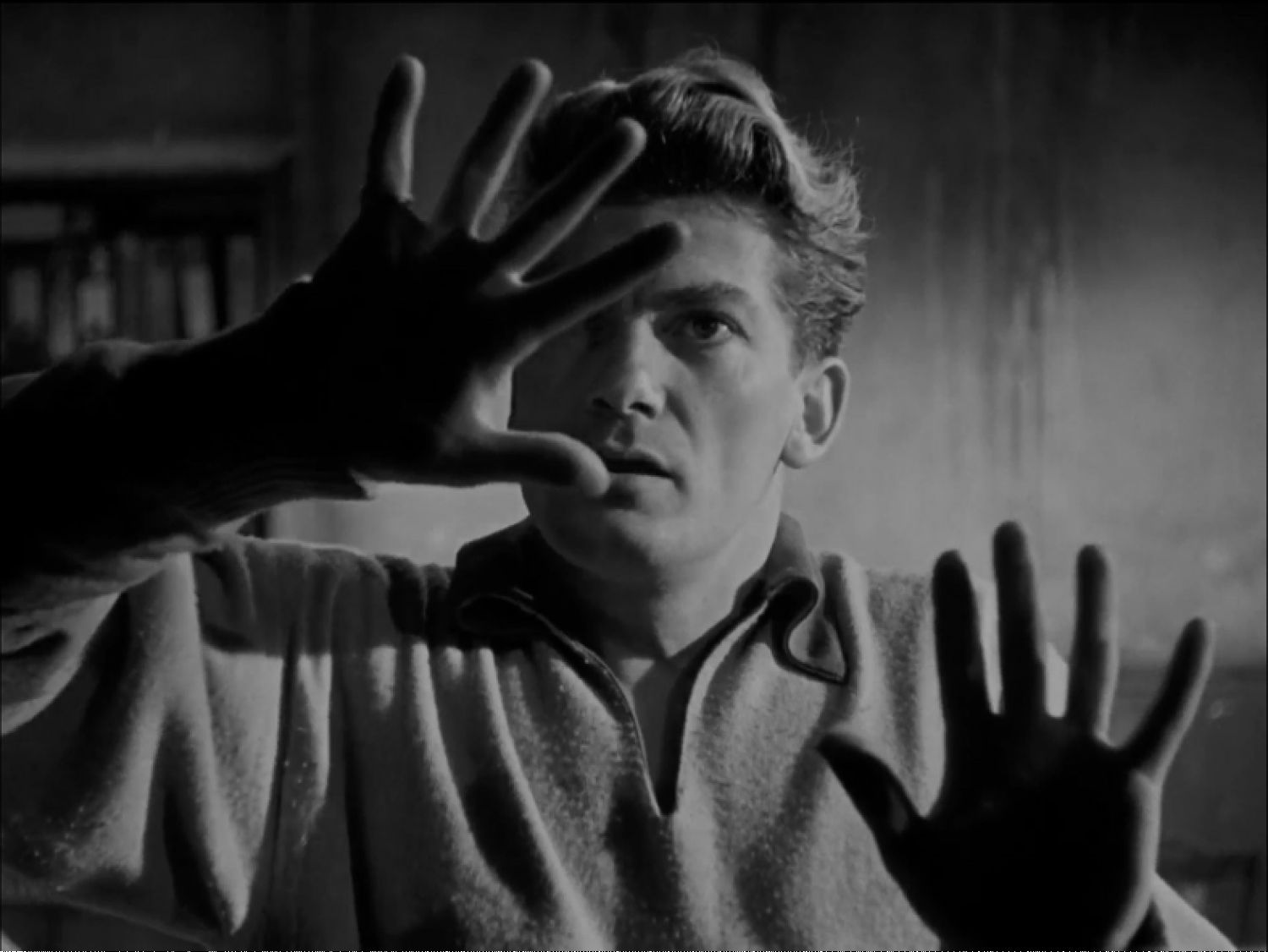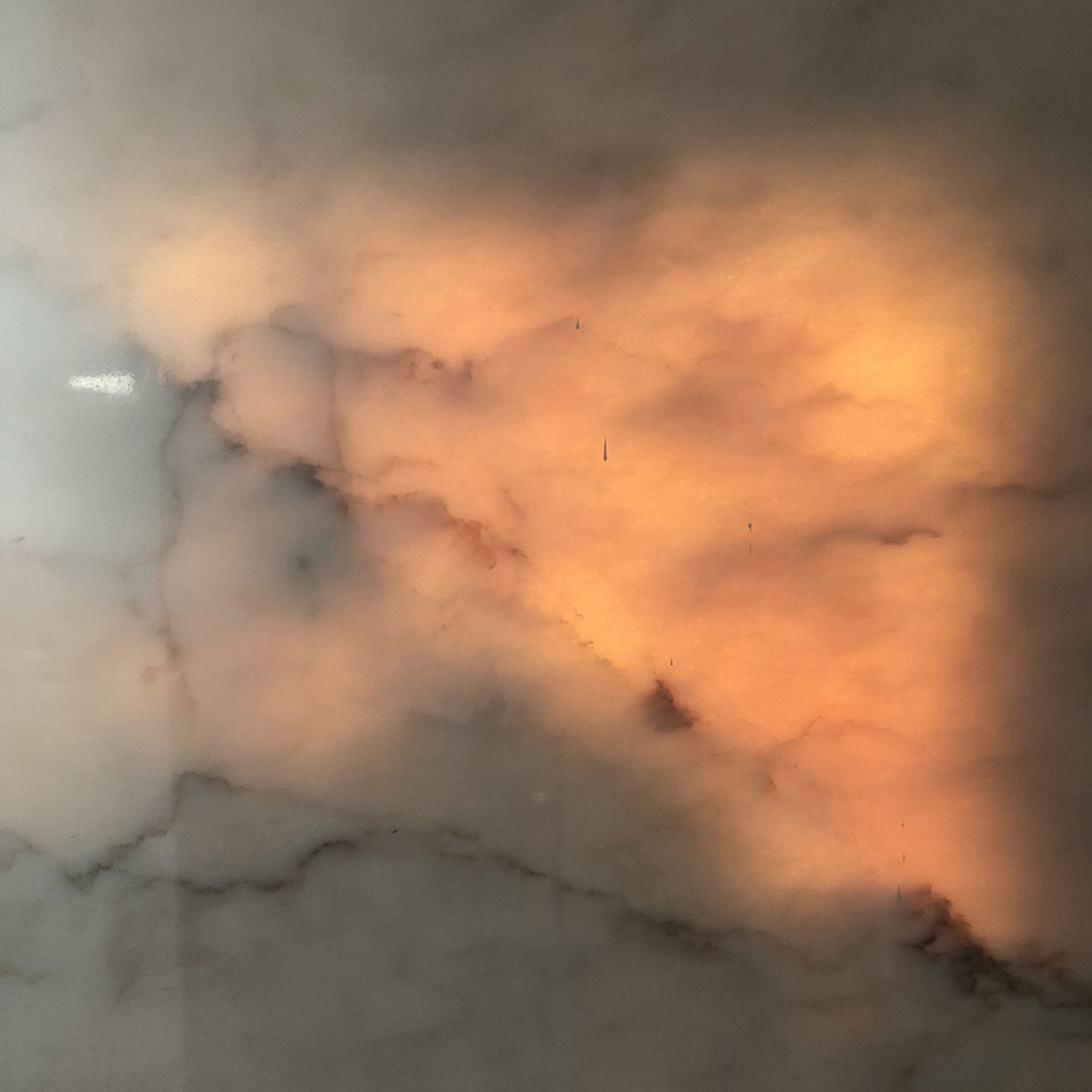Berger Papers
Alice Geirinhas, Sofia Gonçalves, Noémie Reijnen, Susana Mouzinho, Joël Vacheron & Bruno HumbertoJohn Berger (1926-2017) writer, poet, art critic and painter, left us in the beginning of this year, with an uncountable body of work and heritage, that still influence a generation of art makers, activists and thinkers, those that had in common the questioning of the forms, constructions and consequences of the act of «looking». Wrong Wrong decided to invite several «accomplices» to react to some aspects or themes that run in Berger’s work.
ALICE GEIRINHAS

–
SOFIA GONÇALVES
Note fig. 1 to the reader fig. 2
This book fig. 3 has been made by five of us fig. 4. Our starting point fig. 5 was some of the ideas contained in the television series Ways of Seeing fig. 6. We have tried to extend fig. 7 and elaborate fig. 8 these ideas. They have influenced not only what we say but also hose we have set about trying to say it fig. 9. The form fig. 10 of the book is as much to do with our purpose as the arguments fig. 11 contained within it fig. 12.
The book consists of seven numbered essays fig. 13. They can be read in any order fig. 14. Four of the essays use words fig. 15 and images fig. 16, three of them use only images fig. 17. These purely pictorial essays (on ways of seeing fig. 18 women fig. 19 and on various contradictory fig. 20 aspects of the tradition fig. 21 of the oil fig. 22 painting fig. 23) are intended to raise as many questions fig. 24 as the verbal essays. Sometimes in the pictorial essays no information fig. 25 at all is given about the images reproduced fig. 26 because it seemed to us that such information might distract fig. 27 from the points being made fig. 28. In all cases, however, this information can be found in the List of Works Reproduced which is printed at the end fig. 29 of the book.
None of the essays pretends to deal with more than certain aspects of each subject fig. 30: particularly those aspects thrown into relief fig. 31 by a modern fig. 32 historical consciousness fig. 33. Our principal aim has been to start a process of questioning fig. 34.
Note to note:
The text reproduced above was taken from Ways of Seeing (John Berger, Sven Blomberg, Chris Fox, Michael Dibb and Richard Hollis, 1972, Penguin Books) and commented from the four episodes of the series Ways of Seeing (John Berger and Michael Dibb, 1972, BBC).
–
NOÉMIE REIJNEN
La Femme.
«Men act and women appear. Men look at women. Women watch themselves being looked at. This determines not only most relations between men and women but also the relation of women to themselves. The surveyor of woman in herself is male: the surveyed female. Thus she turns herself into an object – and most particularly an object of vision: a sight.» ― John Berger, Ways of Seeing, 1972
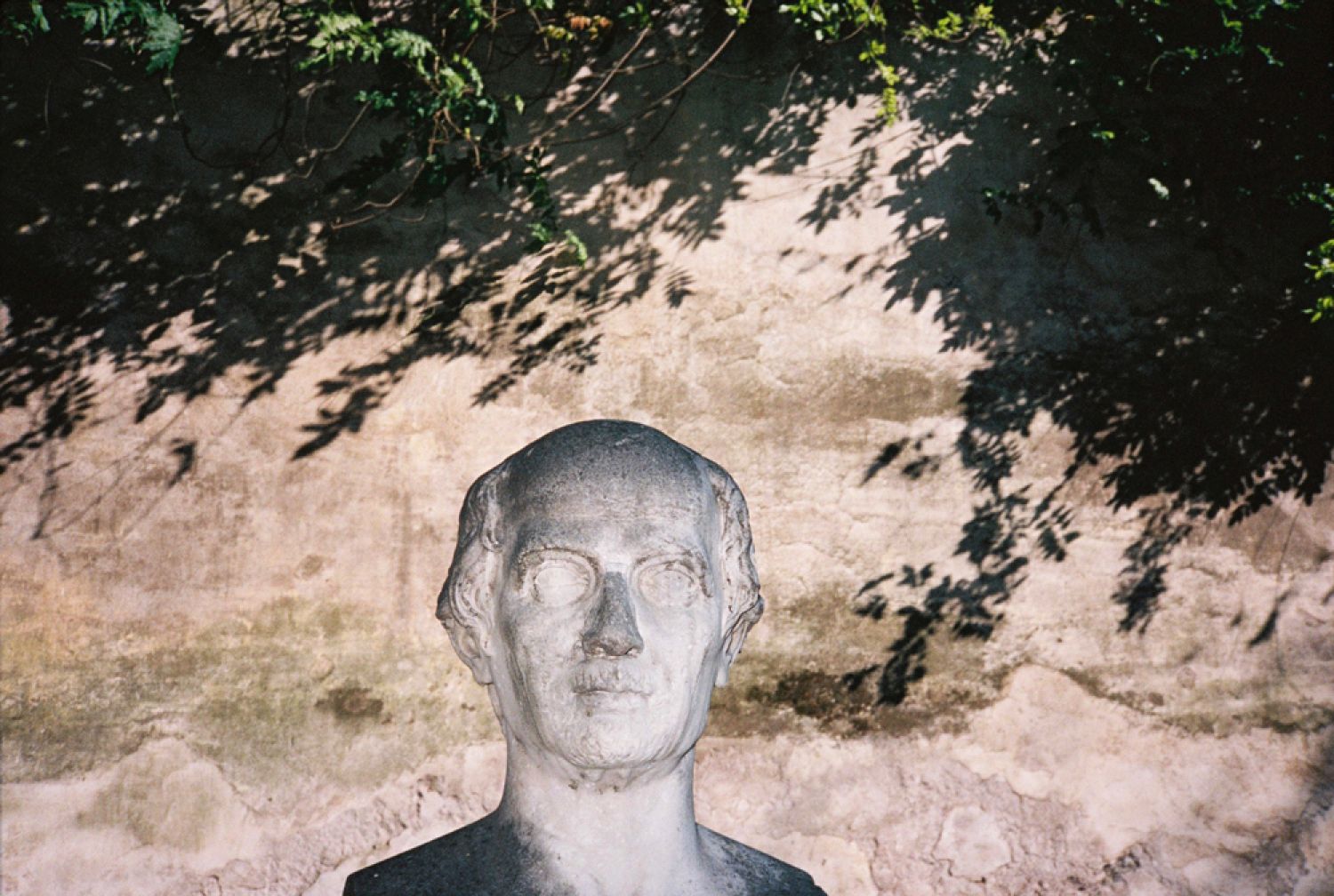
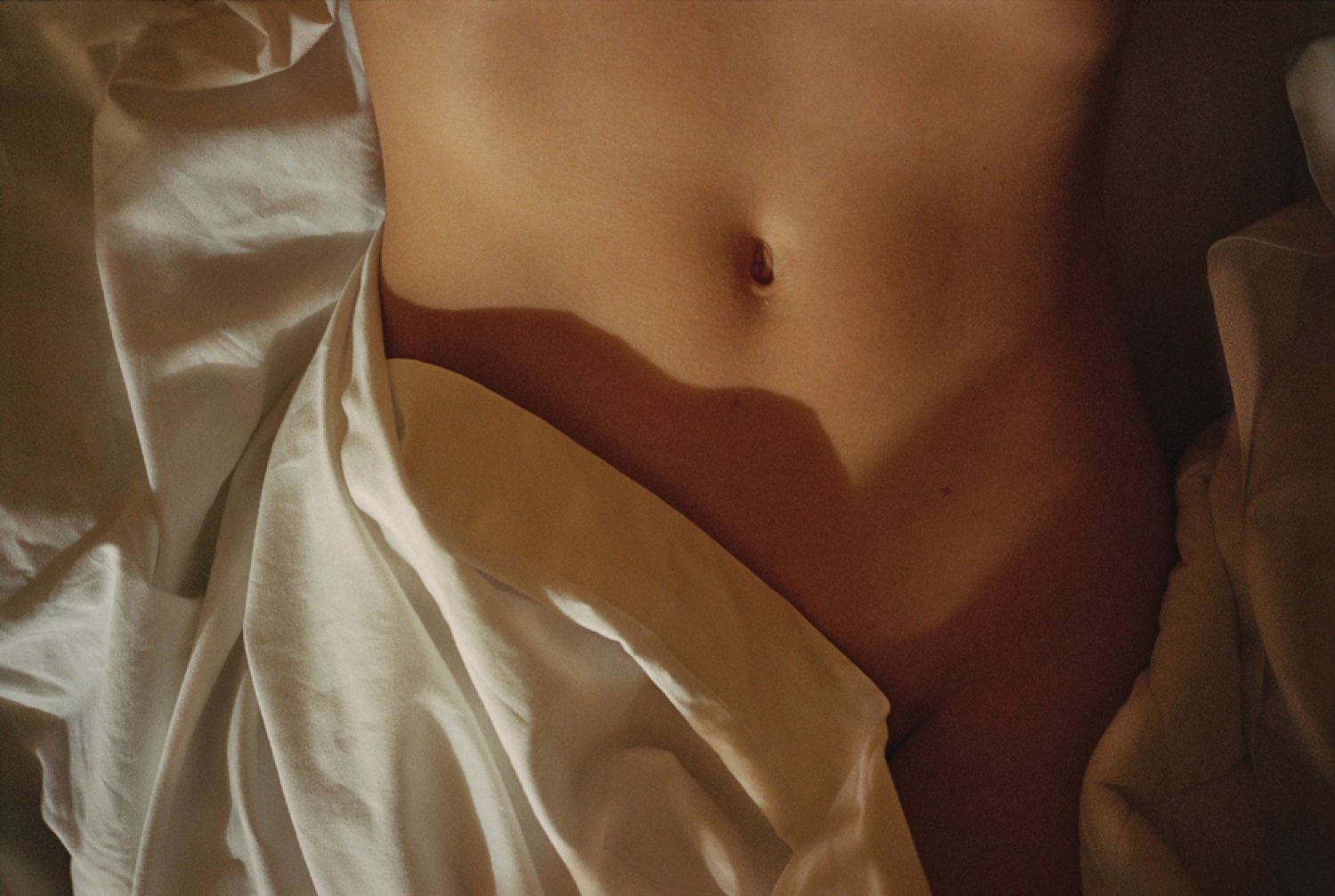
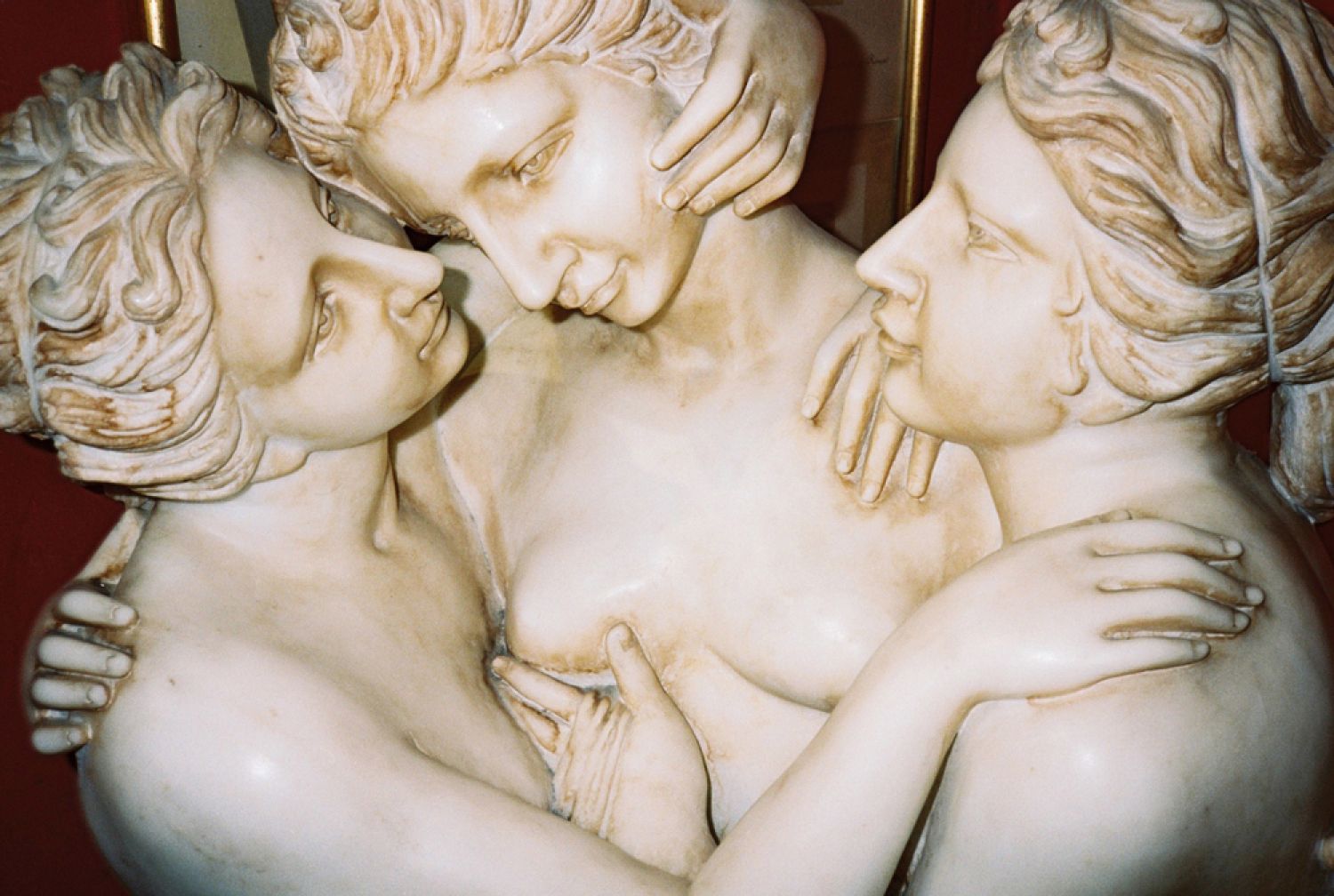

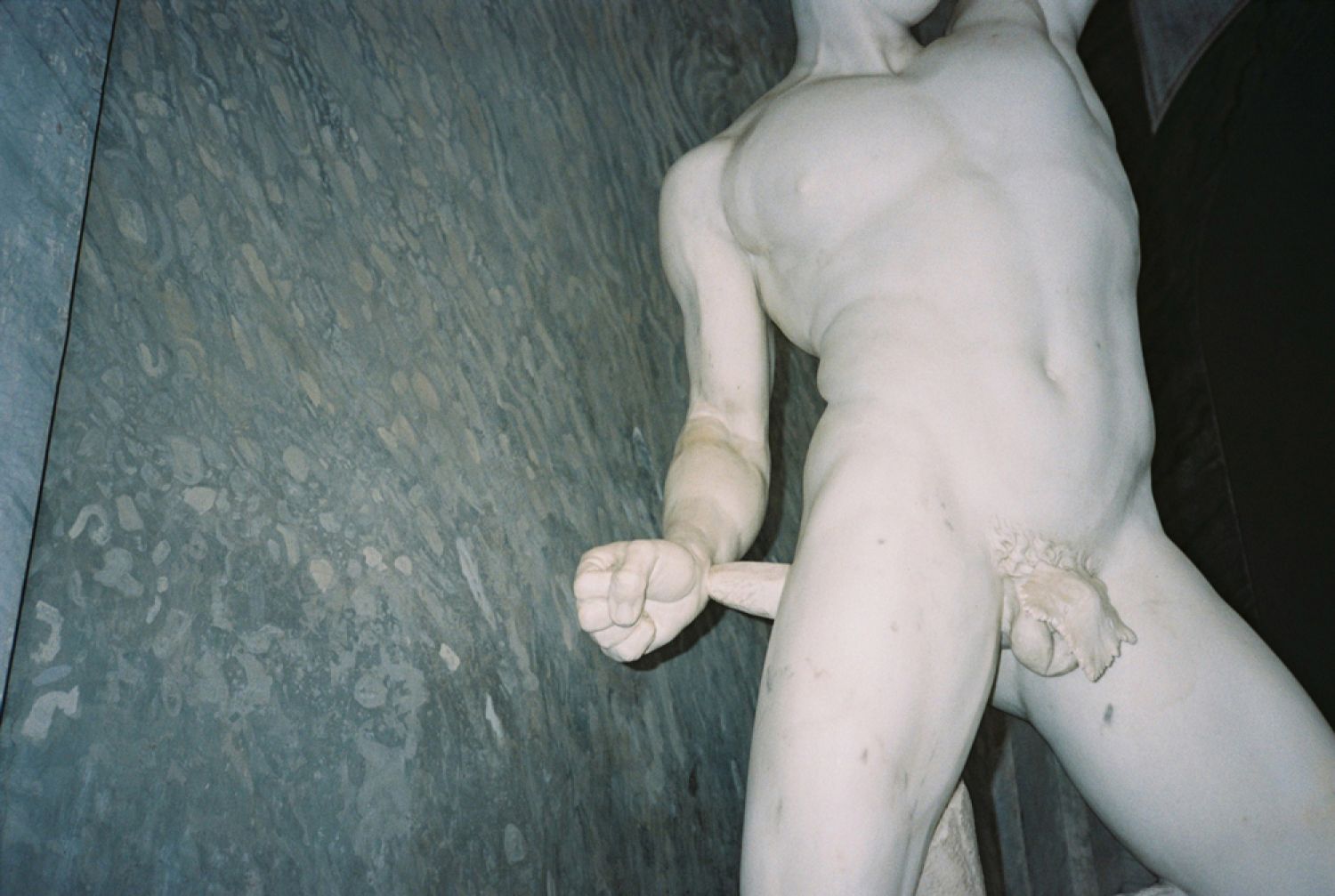
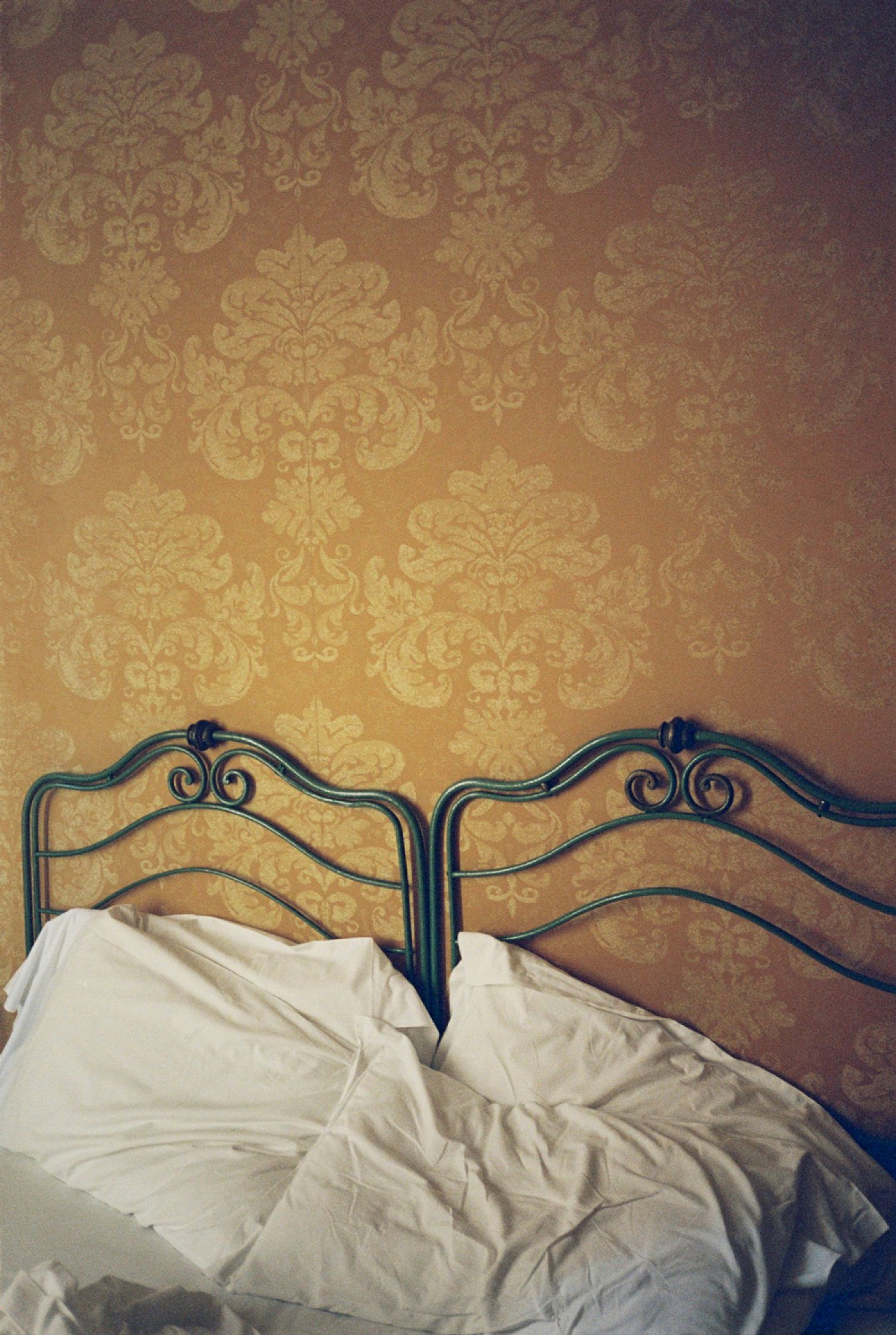
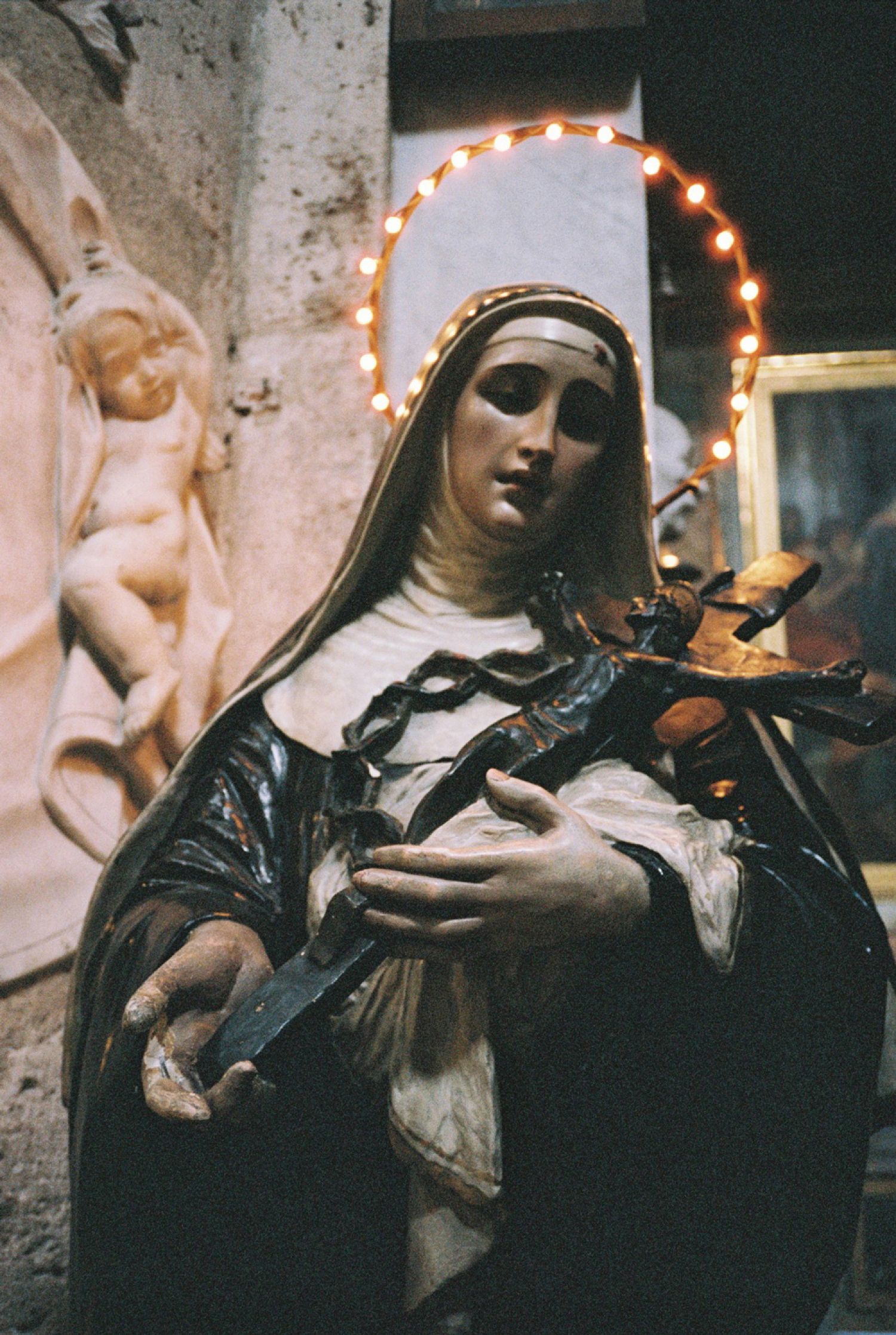

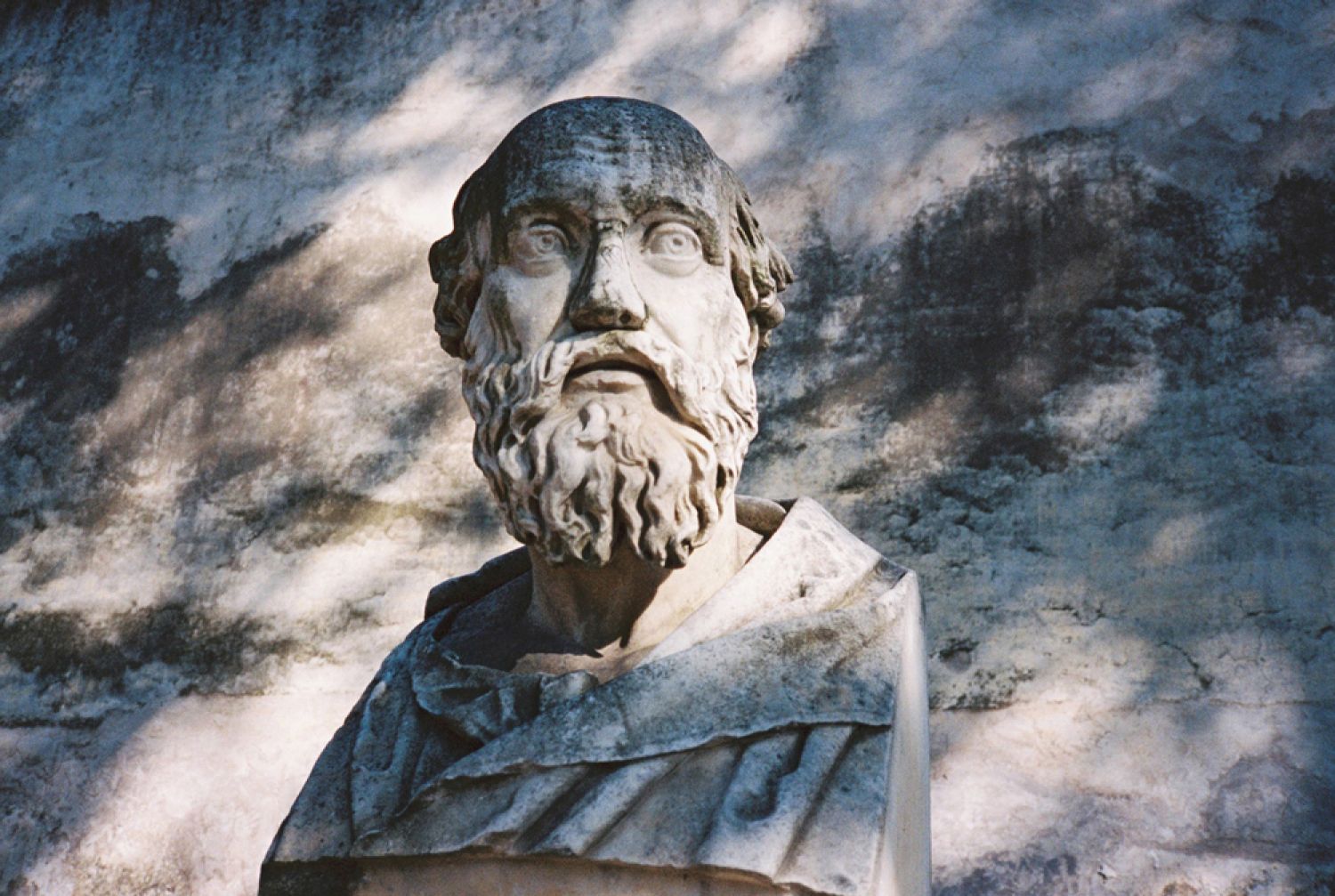
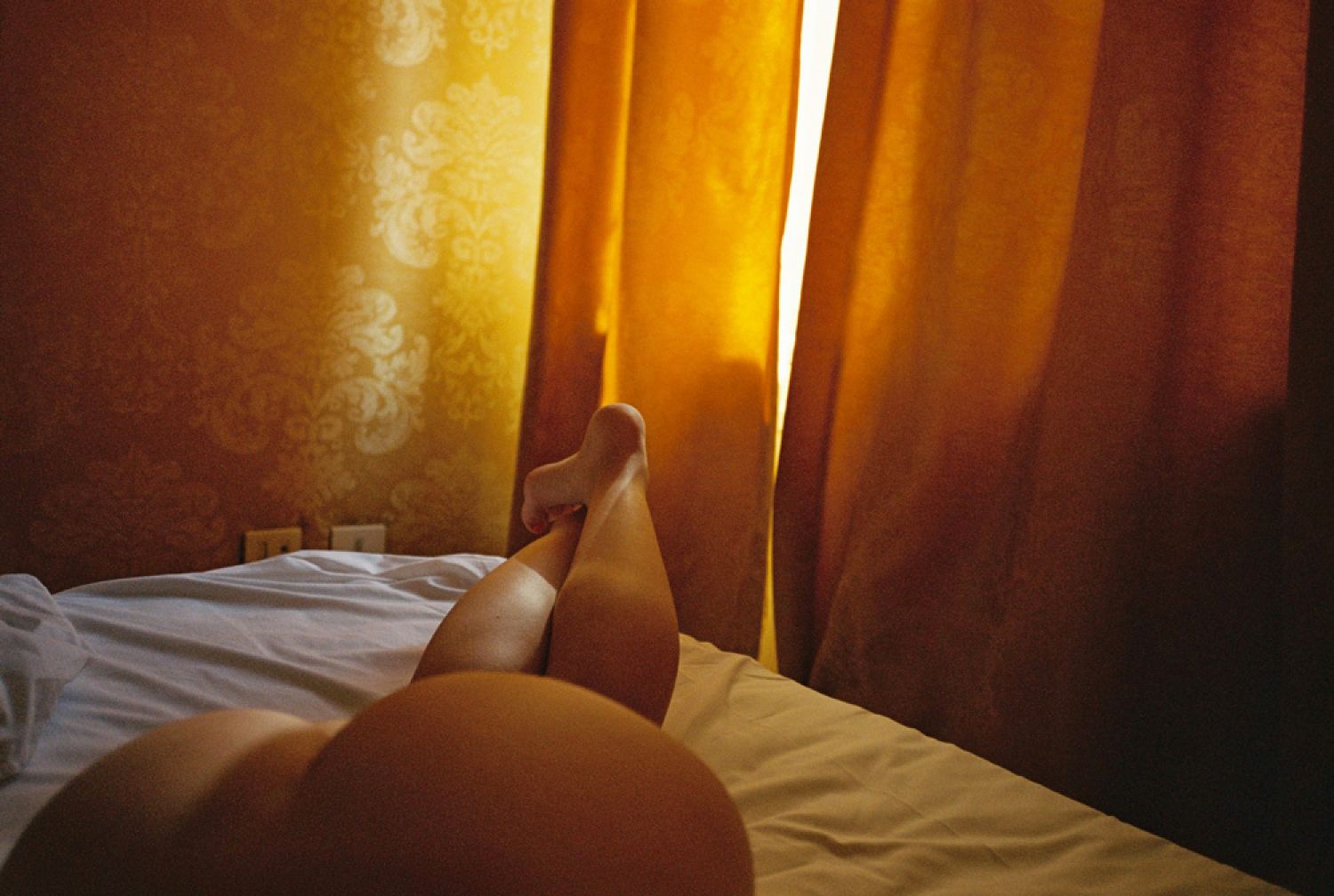
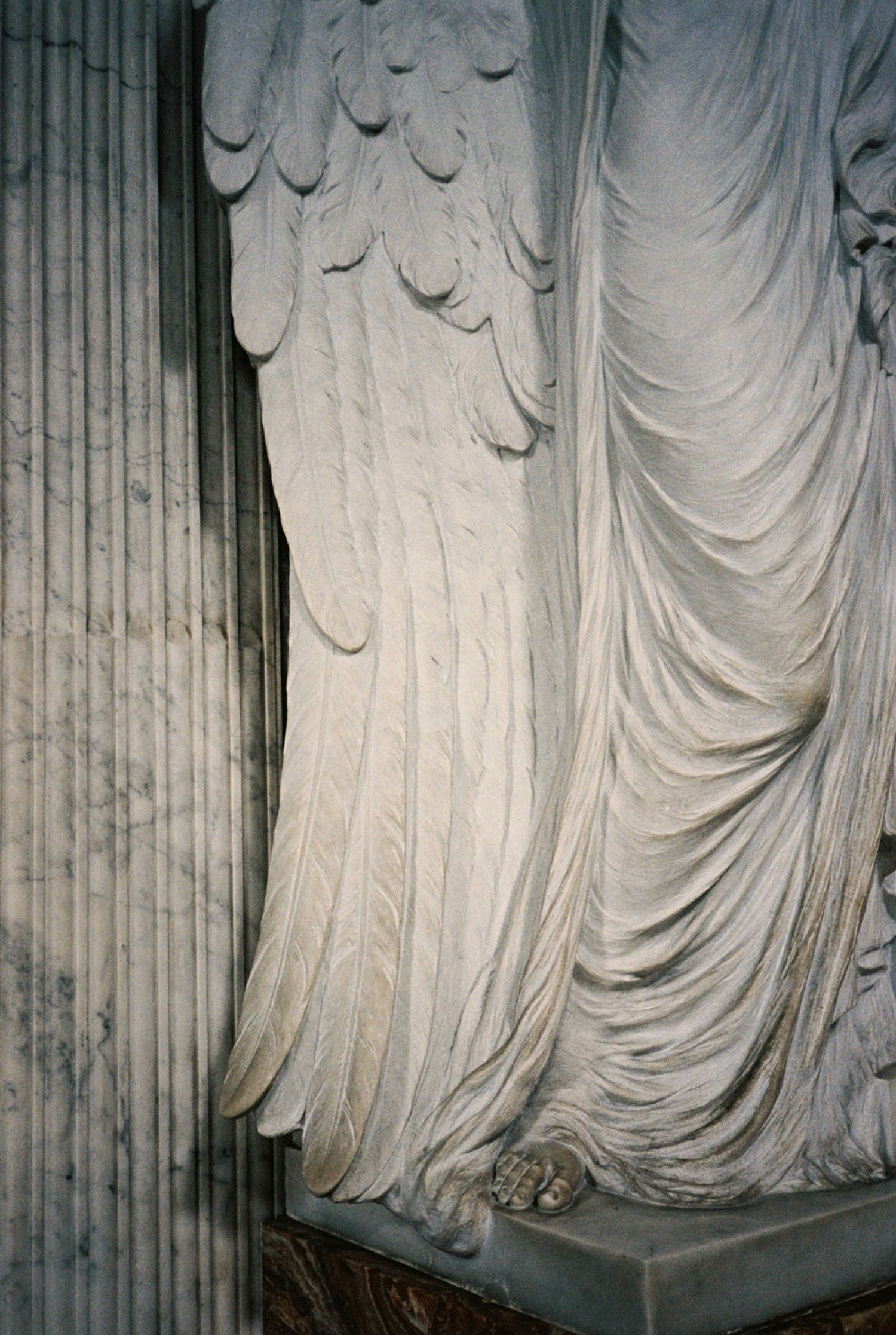
–
SUSANA MOUZINHO
For John Berger
–
JOËL VACHERON
Seeing Jonas and remembering John
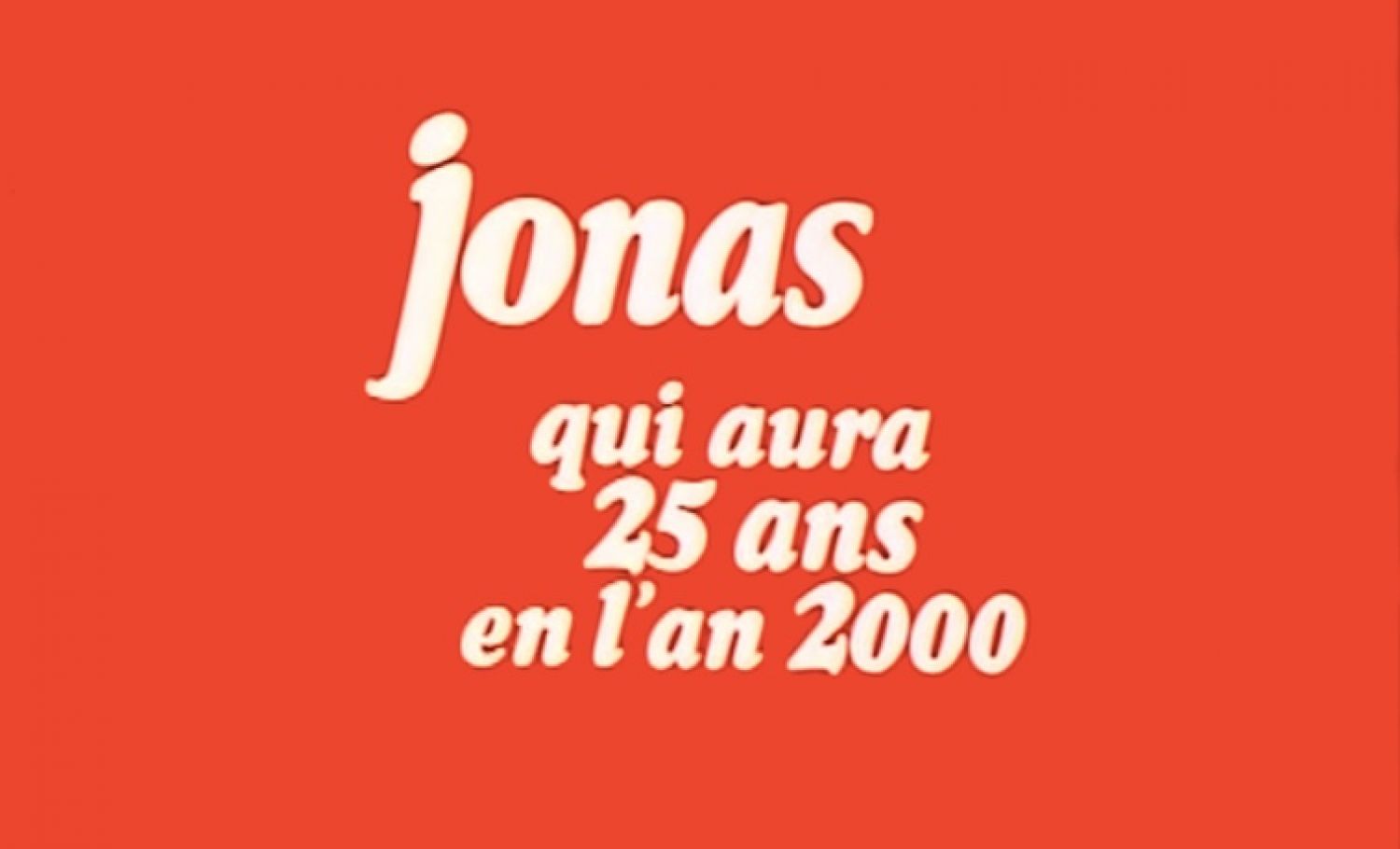
Title: Jonas qui aura 25 ans en l’an 2000
Directed by Alain Tanner
Written by John Berger and Alain Tanner
Release date: 1976
Running time: 116 minutes
Country: Switzerland/France
Starring:
Jean-Luc Bideau (Max)
Myriam Boyer (Mathilde)
Raymond Bussières (Charles)
Jacques Denis (Marco)
Roger Jendly (Marcel)
Dominique Labourier (Marguerite)
Myriam Mézières (Madeleine)
Miou-Miou (Marie)
Rufus (Mathieu)
I
Voice over (a quote from Jean-Jacques Rousseau): All our wisdom consists in servile prejudices. All our practices are only subjection, impediment, and constraint. Civil man is born, lives, and dies in slavery. At his birth he is sewed in swaddling clothes; at his death he is nailed in a coffin. So long as he keeps his human shape, he is enchained by our institutions.

II
Mathieu: Did you take all these pictures?
Marcel: Yes
Mathieu: Do you ever shot people?
Marcel: Never
Mathilde: Not even his own kids… only animals and then he draws them.
Marcel: They’re more interesting than us. If you prefer we are the least interesting animals. We’re a mess, humans have no mystery.
III
Marco: In agricultural societies, time was thought to be cyclic. Each season repeated the same moment. Of course, human beings aged but only because they wore out. He was the fuel that made the seasonal machine work. Capitalism brought the idea of the time as an highway. The highway of the progress. The idea of progress means that the winners did not win only the battle, but that they’ve also been chosen as intrinsically superior beings. Their superiority should naturally travel accross cycles and seasons.
IV
Marguerite: Do you belong to a group?
Max: No. I used to… before.
Marguerite: Before what?
Max: During the sixties, 64, 65, 66, 67, 68… 69, 70, 71, 72.
Marguerite: Did May 68 disgust you?
Max: Not at all! It was after.
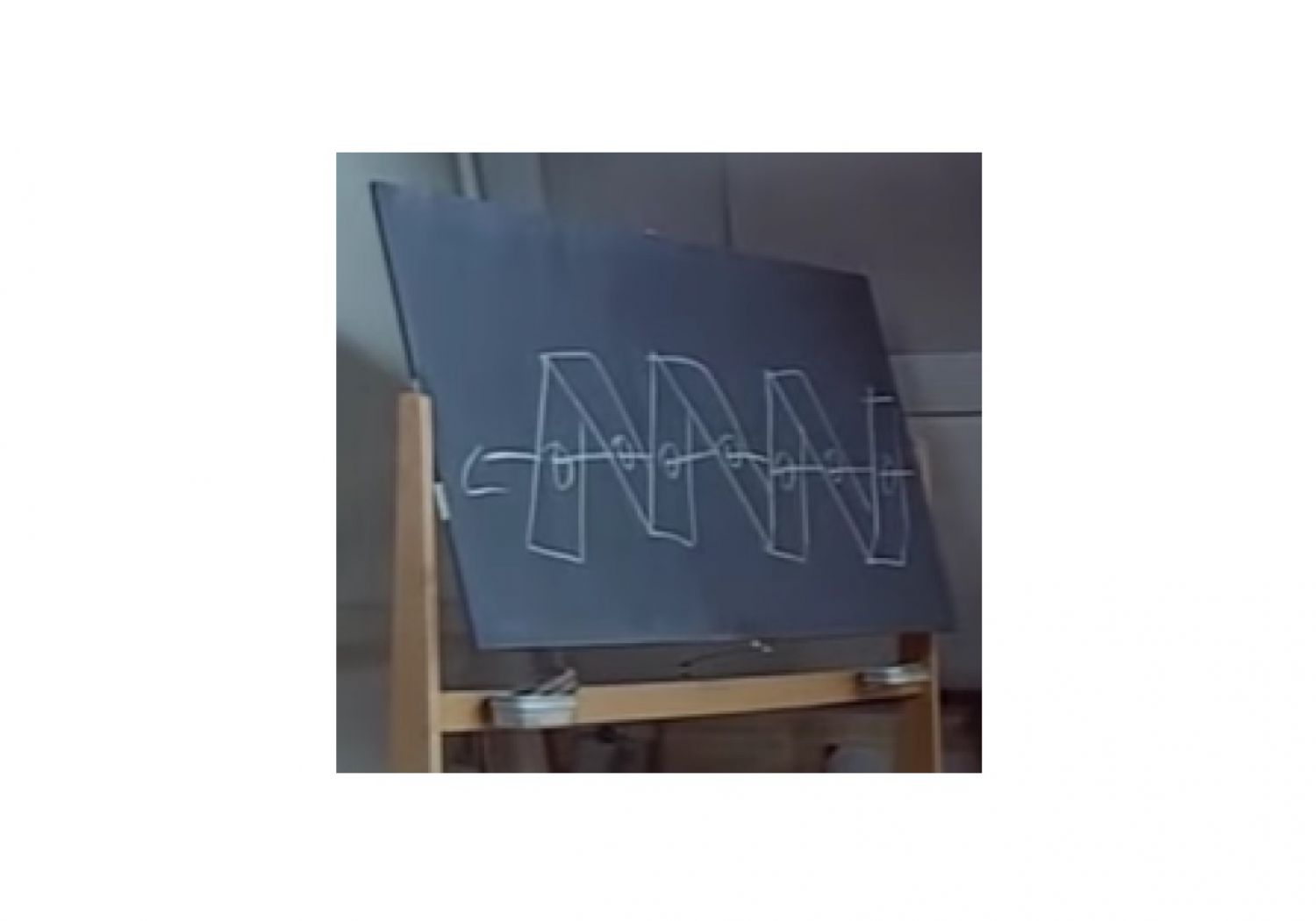
V
Max: After, nothing changed. It was even worse! Except gadgets, communes, macrobiotics, dirty children, casual sex, tantrism,….it’s bullshit! I see only one thing, Kissinger spinning like a propeller around the globe. This is the nauseating reality.
VI
Marguerite: Do you know the origins of the bank notes?
Max: No, but I am curious to know. I learn a lot with you today.
Marguerite: It is the retention of feces. Its transformation into an economic sign, in gold and bank notes. We hide both gold and shit. This is the origin of the Protestant Bank.
Max: It reminds me of something. A friend of mine who was a medicine student, told me he wanted to do his doctoral thesis on Calvin’s constipation. According to him, Calvin was constipated like a cannon. Geneva is a retentive city, isn’t it?
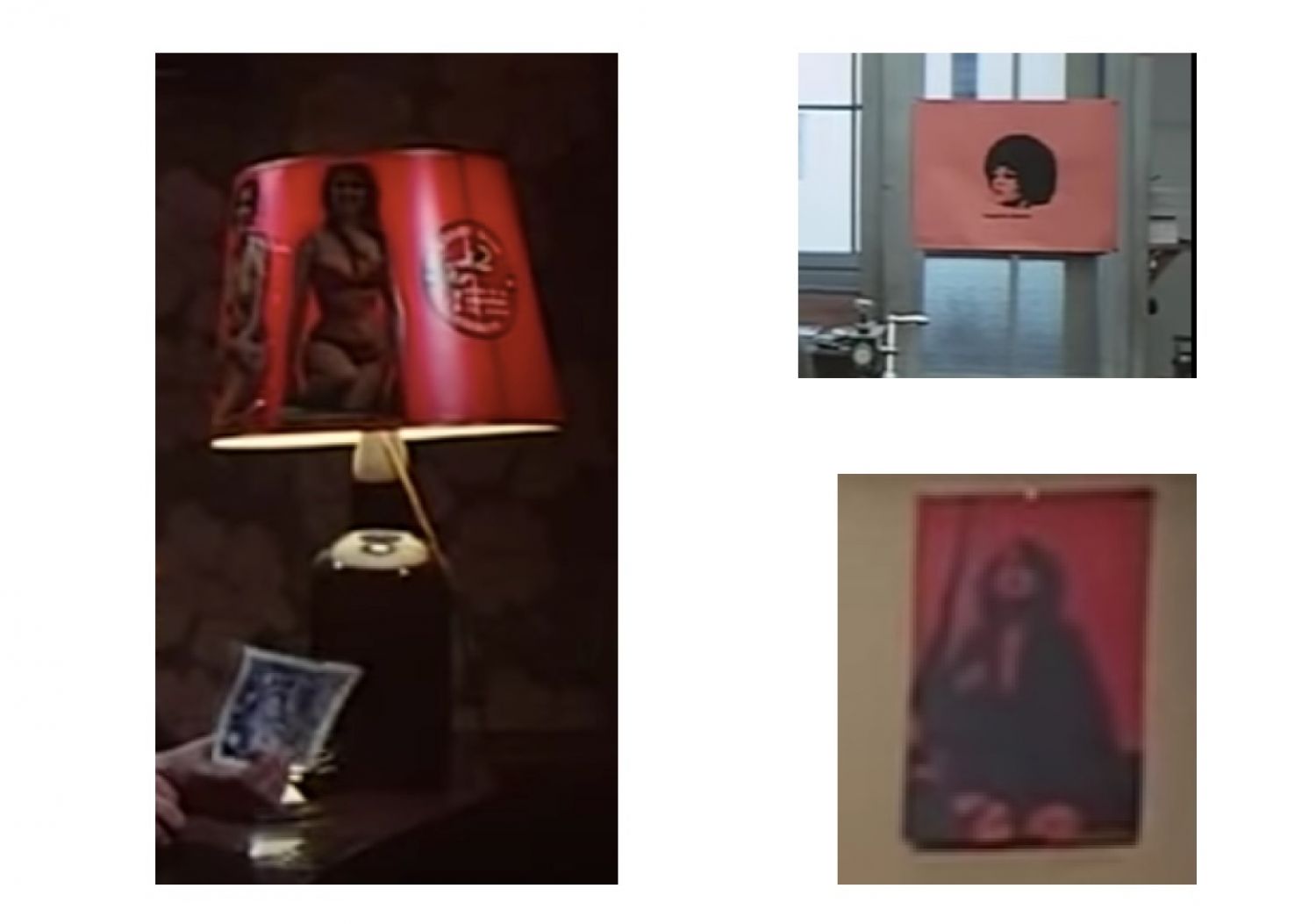
VII
Marcel: Around 6am in Summer, you can hear birds sing. They are so many, one cannot count them. They are as many as the headlines in the newspapers. They send messages all around us. They’re easy to hear if you don’t read the shitty newspaper… But human has invented a terrible silence. Stones after stones, he built his own deafness and no longer hears the messages that are sent to him. If he could hear them, he’d feel a bit reconforted.
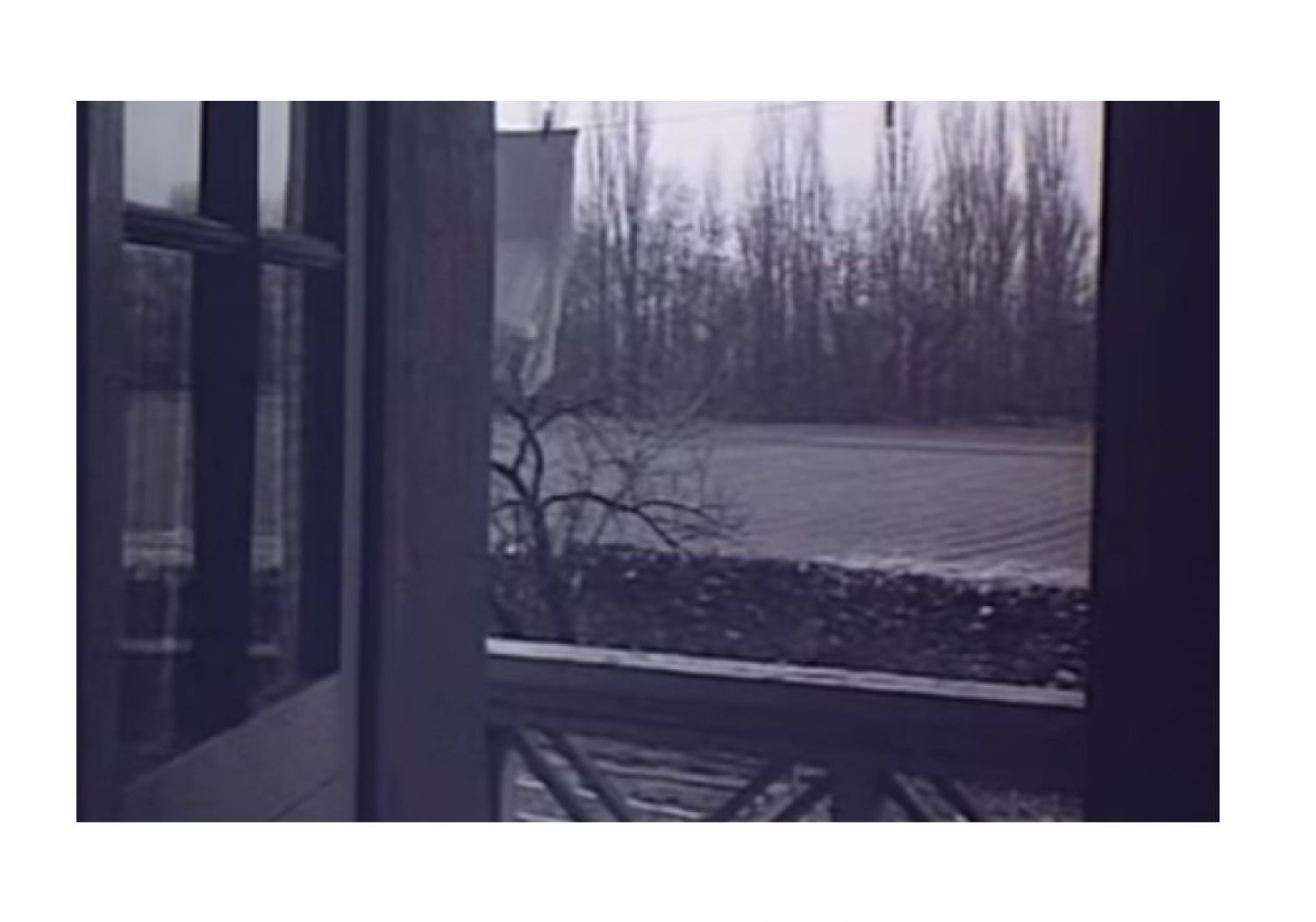
VIII
Mathieu: Crisis don’t fall from the sky. If they are linked to the structures and functions of capitalism, it means that they also can be provoked, fabricated. the pseudo oil crisis for example. They can also be organised, staged, like the capitalist regimes are doing nowadays to purge the system, to eliminate the poorest and concentrate the power in the hands of a minority. On my side, I wish you will reach 2000 in one piece.
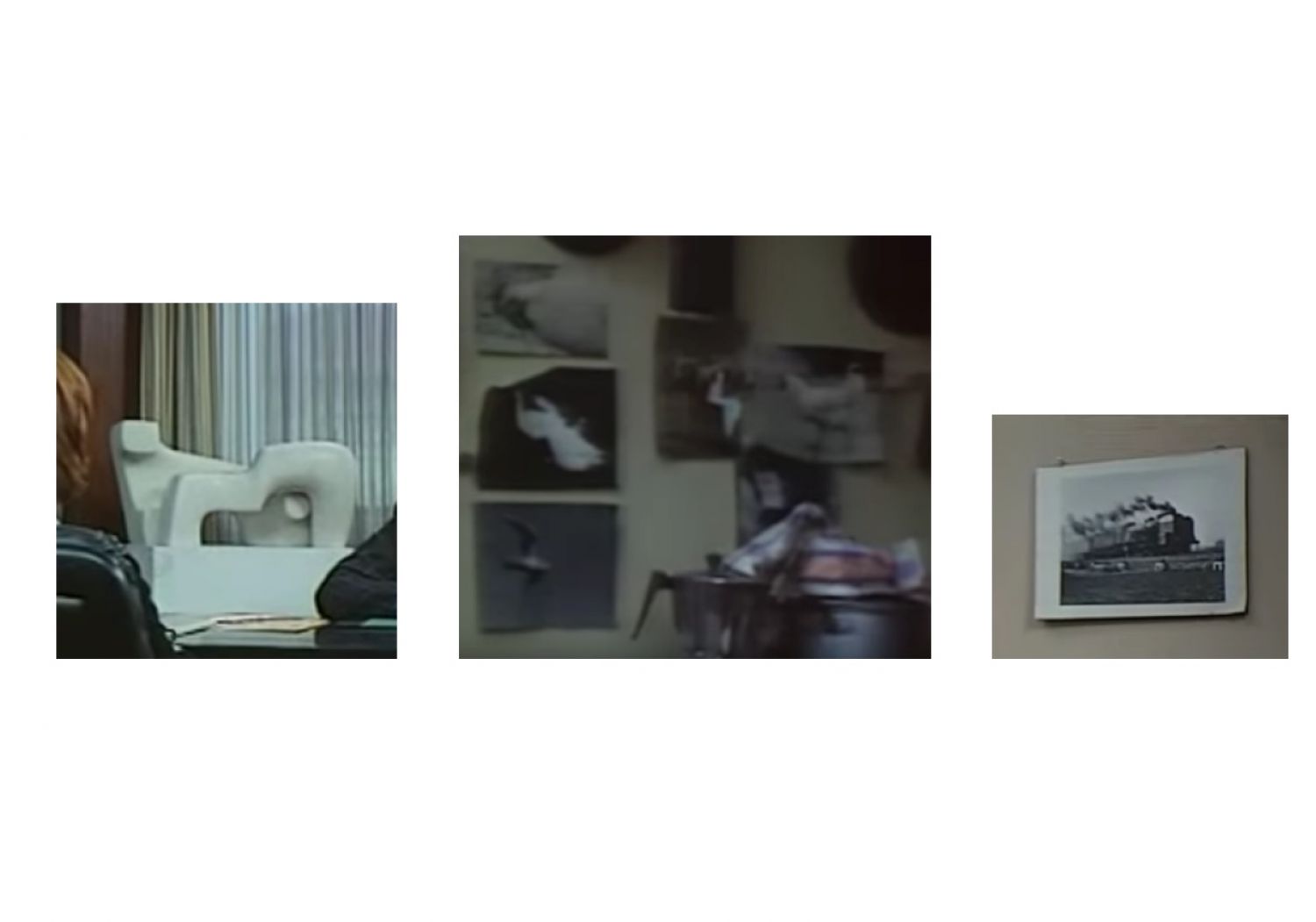
IX
Marco: You’re wrong to think the revolution is for the future. A revolution is the past revenge. You see the dawn and I see an old tree.
Max: You go backwards Marco. Because it’s a time of desillusion, you’re turning back. Everybody is looking for an escape, the body, nature, sex, onions, lotus flowers... They are small consolations to escape a world unacceptable and, as they say, intangible.
X
Old man: Travelling by train and driving a train are two different things. Because of the rails. Do you ever travel by rail? What do you see? The landscape scrolling, scrolling… Like in a cinema… I don’t go to the cinema anymore. When your are on the footplate, the landscape doesn’t scroll, you enter into it, into it, into it, into it… it is like a music. You go straight ahead, right to the horizon where the rails join and no matter how far we go, they never join.
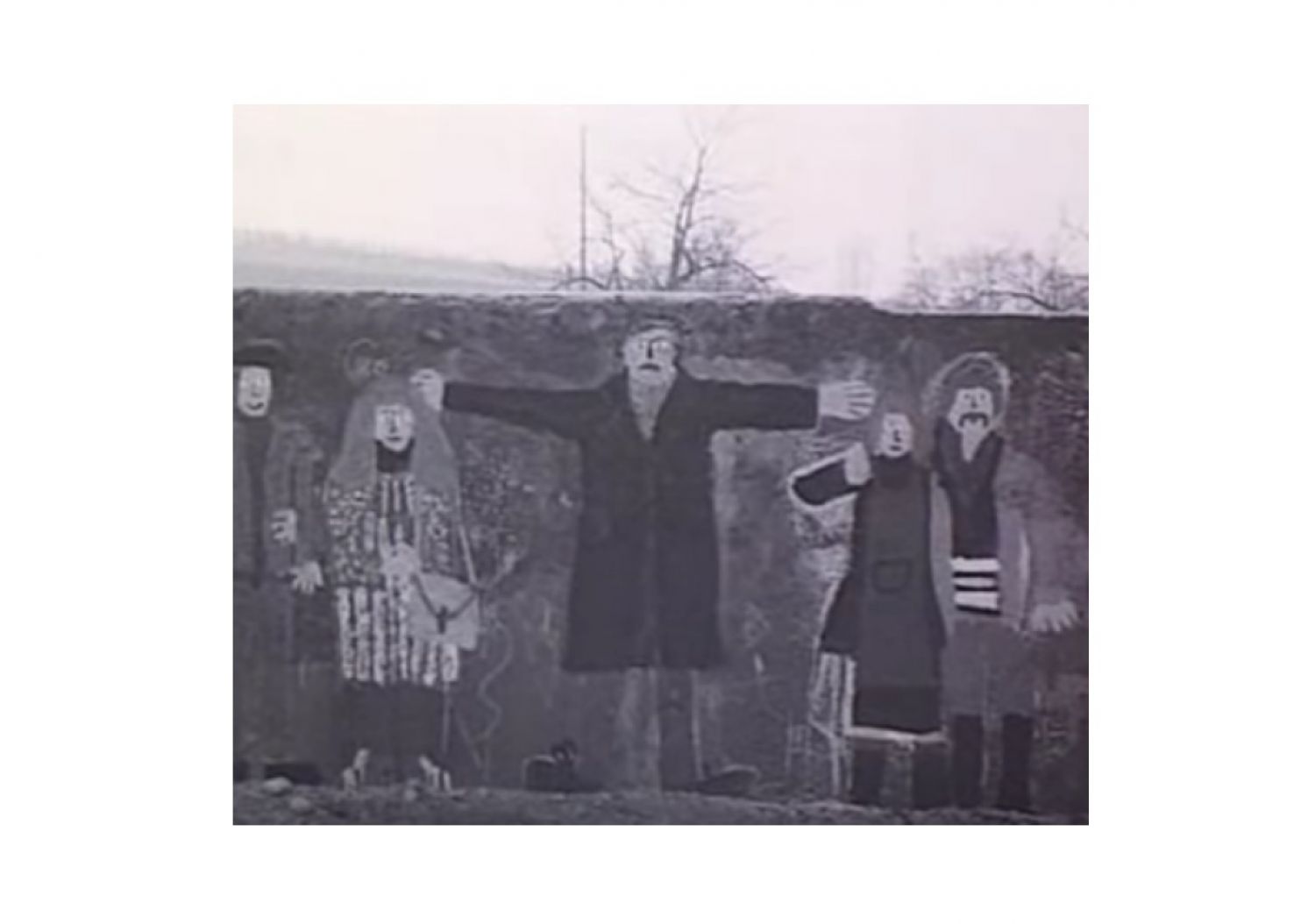
XI
Max: My territory goes as far as I can see, no further. My country does not exist, only on a map. I am a Métèque, without homeland.
Marcel: We are all frontier workers!
XII
Mathieu: Jonas, the games are not over. Let’s come back to the moment when you were learning to walk, until the day when the army and the police fire on a crowd of people like you. Let’s come back to your first reading lesson to the least democratic decision: yielding nothing despite all the threats.
XIII
Voice over (quote from Jean-Jacques Rousseau): Now, needs change according to the situation of men. There is a great difference between the natural man living in the state of nature and the natural man living in the state of society. Emile is not a savage to be relegated to the desert. He is a savage made to inhabit cities. He has to know how to find his necessities in them, to take advantage of their inhabitants, and to live, if not like them, at least with them.
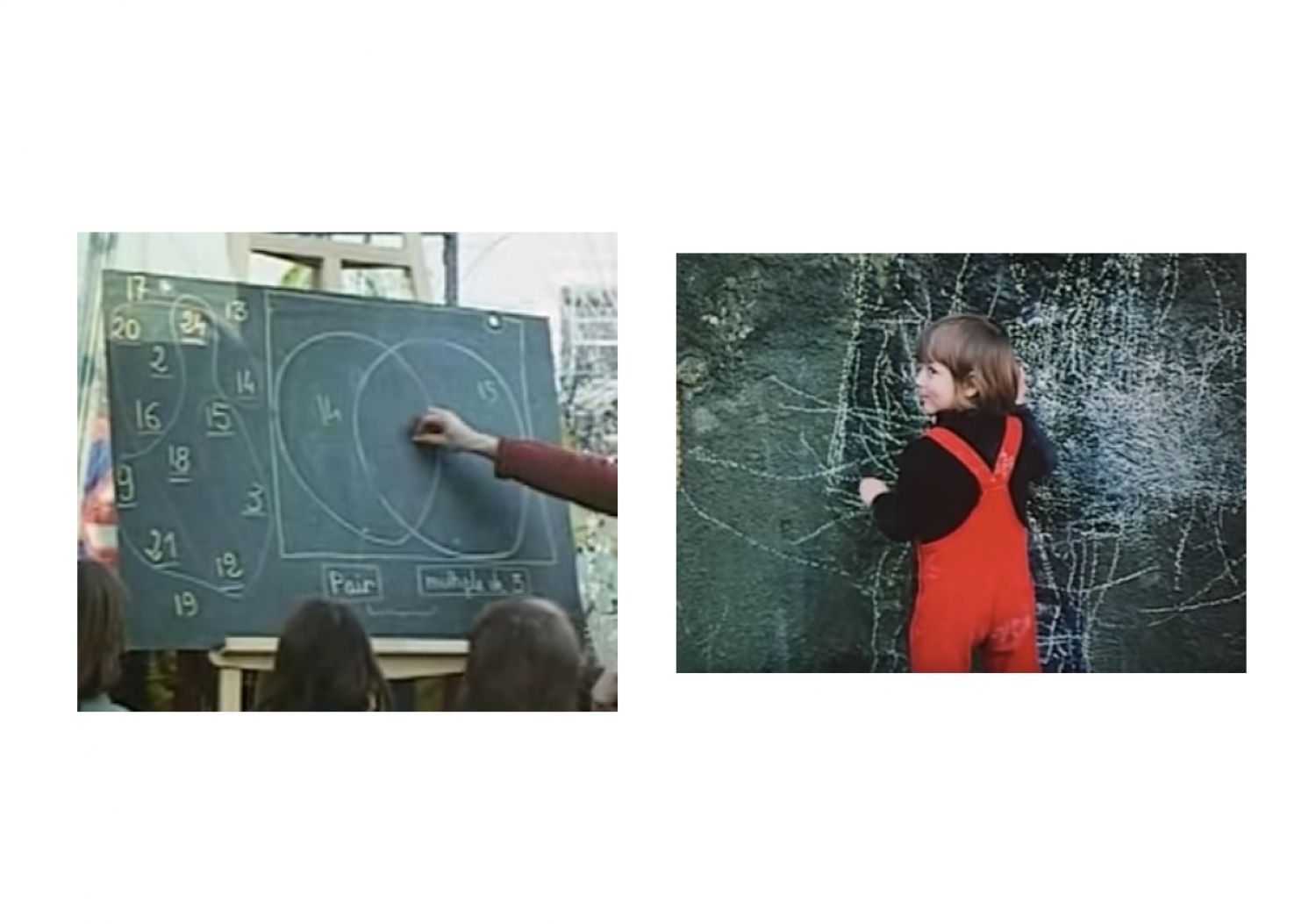
–
BRUNO HUMBERTO
3 incidental constellations or the not so original way to find some of the works of John Berger
followed by the poem «The left eye of the two switched old men»
«Those who first invented and then named the constellations were storytellers. Tracing an imaginary line between a cluster of stars gave them an image and an identity. The stars threaded on that line were like events threaded on a narrative. Imagining the constellations did not of course change the stars, nor did it change the black emptiness that surrounds them. What it changed was the way people read the night sky.» – John Berger, de «Once in a Story,» And Our Faces, My Heart, Brief as Photos (Bloomsbury Publishing, 2005)
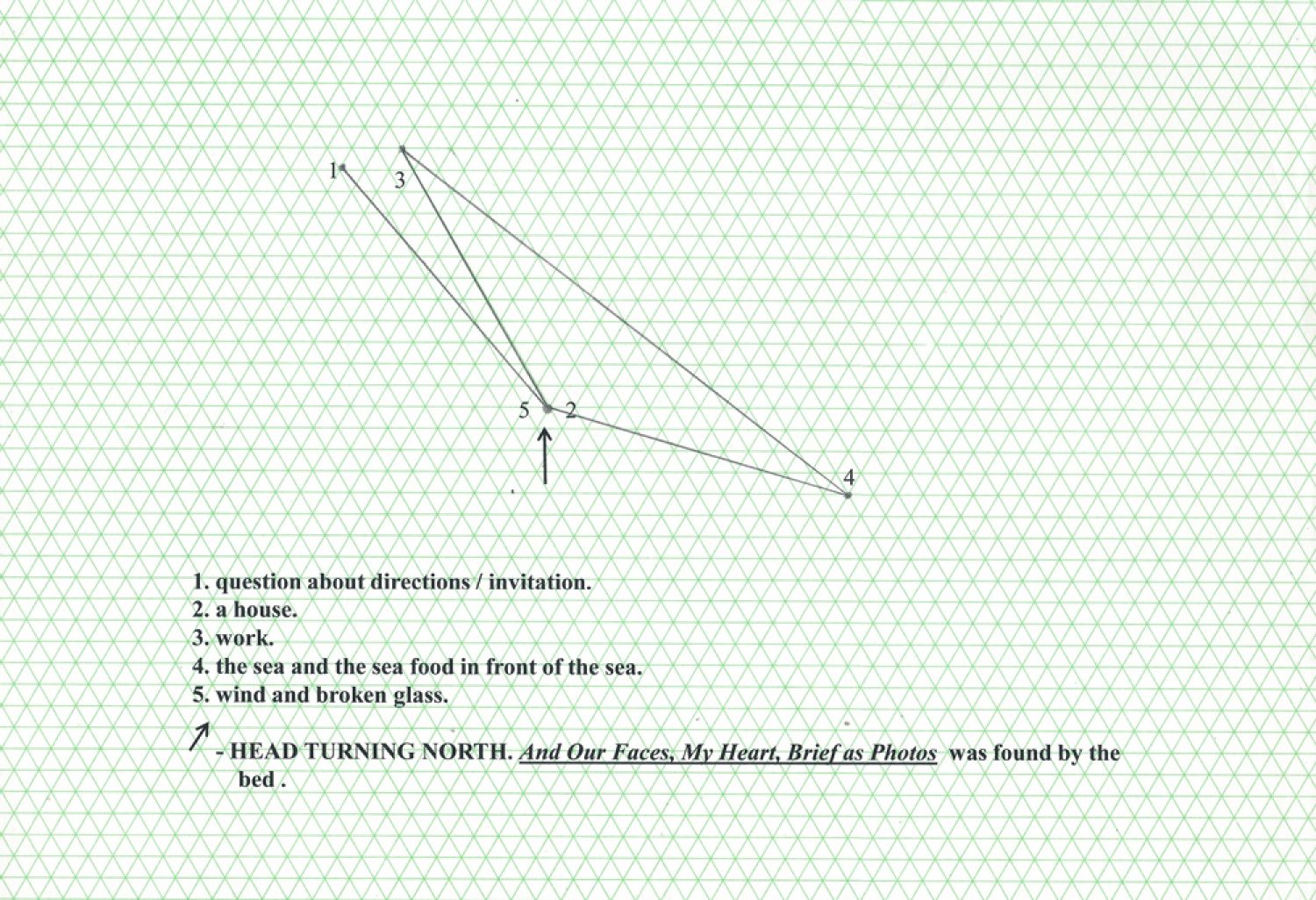
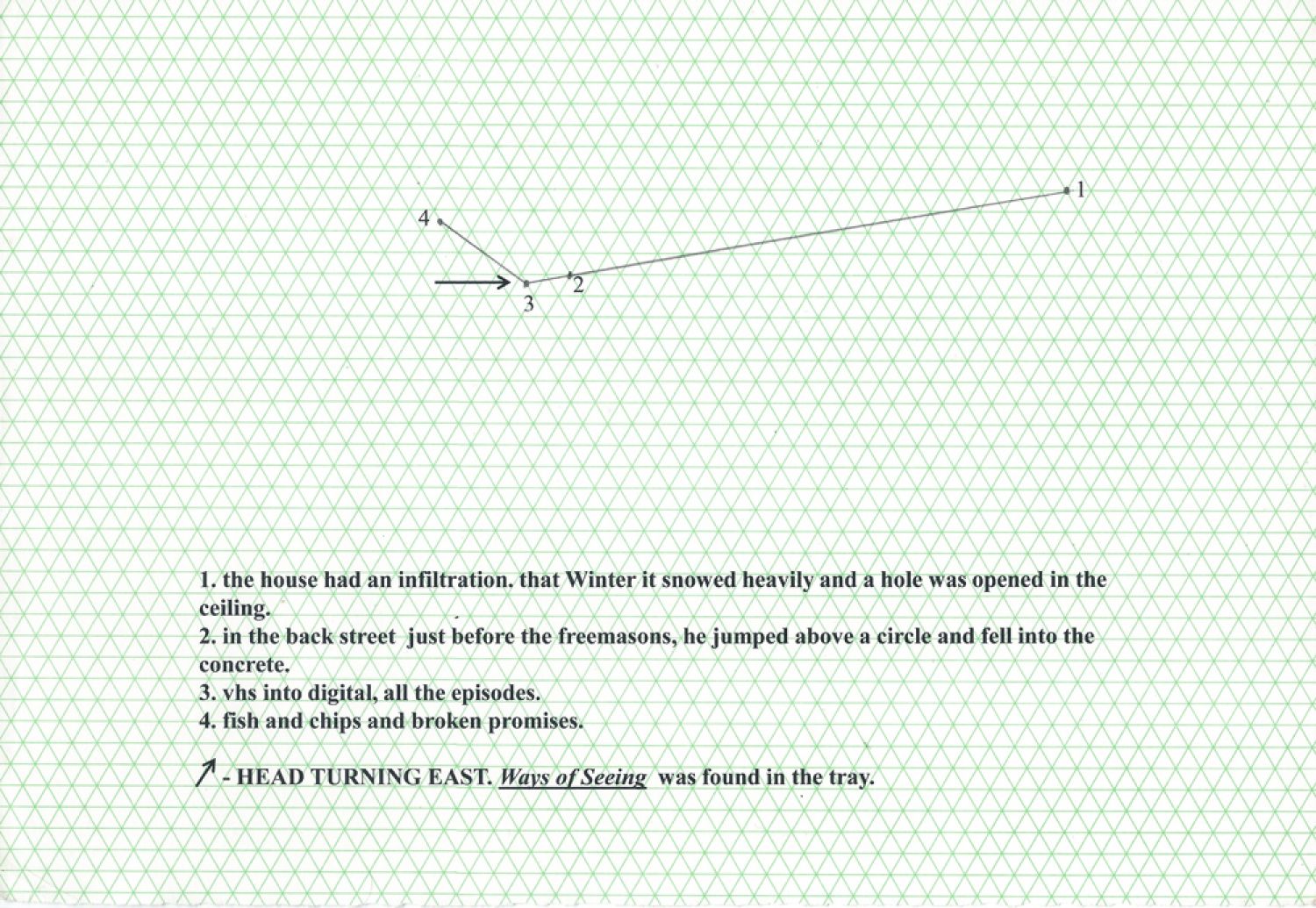
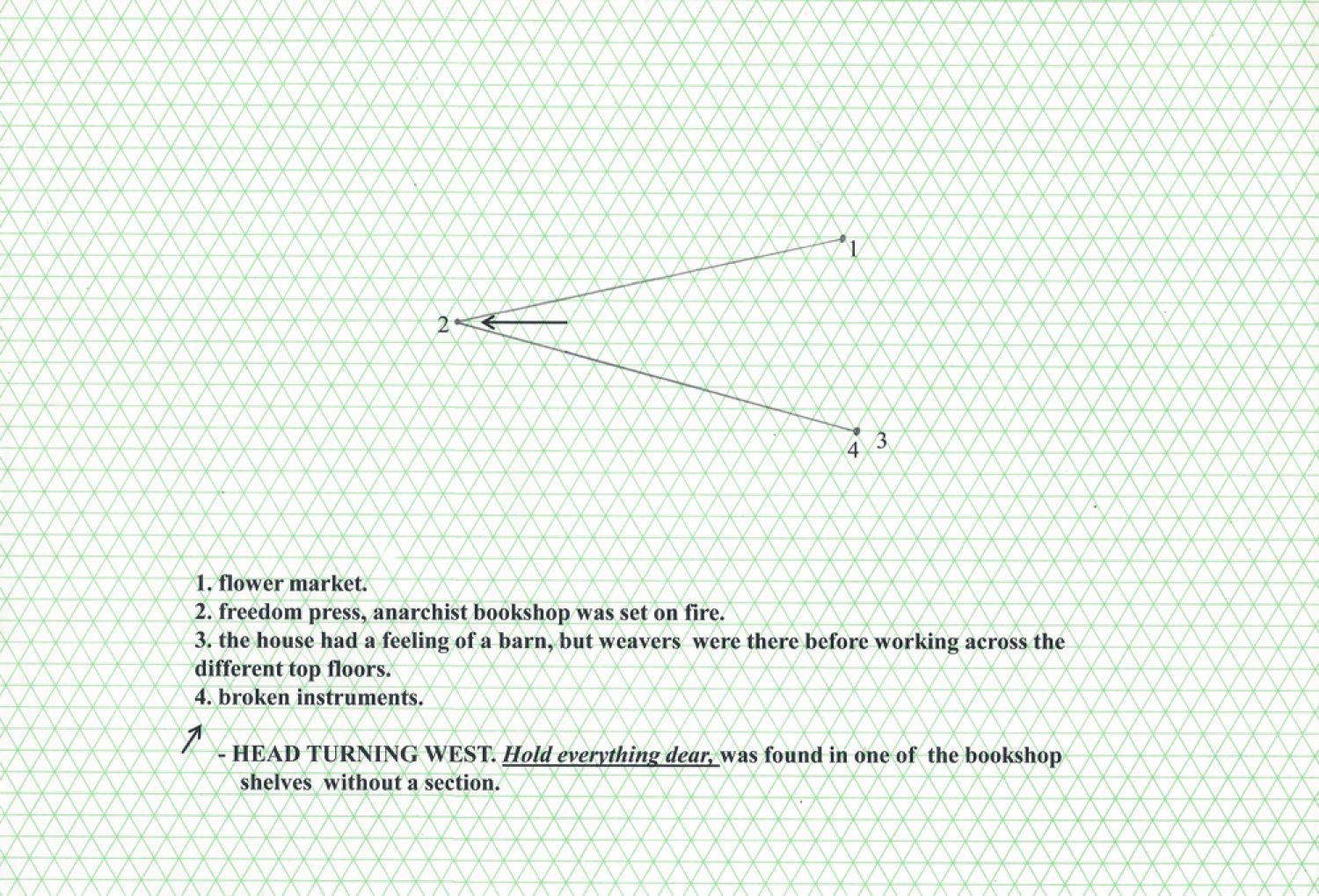
The left eye of the two switched old men*
We know about this habit,
of switching babies at birth,
in this and other regions of our kingdom,
engendered by doctors and families
accomplices in the decision to confuse children
since the first wonder.
(Half of what is written on the bracelets is erased.)
Knowing about this habit
I thought I would do exactly the same
but on the other end:
switch two old men before their death.
Yes, I was the one who asked for this swindle
of switching the two,
my grandfather and someone else’s grandfather.
The first one was called João.
The second, did not speak Portuguese and his name was John.
Apart from the name (which in this case told them apart),
was there anything that was similar about them?
The first took the earth as a movable object
of utilitarian landscapes, which could be readjusted by force.
With him the first form of credit appeared,
the idea that work entails pain, and pleasure, debt.
The second took pictures and moved away from them.
He focused on detail to extend the spectrum
of what is between the idea of event, the actual event
and understanding, although not always in this order.
Like most men in adulthood,
(with the exception of Camões, Thurber and Joyce),
the two old men had both eyes open.
And they were also card junkies.
The first one expected an ace to save his hand,
the second a letter from Paris that would decipher the riddle of the painting.
And the two old men like most men
at one point began to use the left eye
more than the right,
to mistrust the distance
or simply to measure the scale of a cypress.
But how to switch them when they were rarely
in the same place,
at the same time,
eating the same crustacean?
The unlikely meeting between two other men
brought closer the material I needed for the act:
Heisenberg and Borges drinking
a mug of apfelwein
in Bavaria.
Without hearing them I translated the following:
if we catch two men making the same gesture
it is possible to switch them.
The grandfather points his left eye,
He says he knows the play,
(don’t be an artist.)
The grandfather points his left eye,
Says look at the play,
(and you understand the artist).
And while thinking about this
the artist is tackled from behind,
loses the ball,
a foul is not signaled,
this is not going well,
the game continues,
it was not this time round,
it's raining,
his head hurts,
face in the mud,
desolate,
just got in
to make time
looks up,
the audience can’t stand it,
in the middle of the bench,
he sees the two grandparents sitting
side by side
drinking
a black sagres beer
wearing the scarf
of their team.
* This poem was inspired by a homonymous tale that was lost in the flood of the basement studio where I lived, until the beginning of this year, in Olaias. A pipe broke on the (empty) apartment above, during the early morning of January 2, and I woke up surrounded by floating furniture, writings and instruments.
–
